 Searching for the Garden of Eden
Searching for the Garden of Eden
In Paradise Lust, Brook Wilensky-Lanford introduces readers to the enduring modern quest to locate the Garden of Eden on Earth. It is an obsession that has consumed scientists and theologians alike, including the first president of Boston University and a knighted British engineer. Today the search has been taken up by amateurs. Inspired by an Eden seeker in her own family, Wilensky-Lanford writes of these unusual men and women with sympathy and wit. Paradise Lust is a century-spanning history that provokes surprising insights into where we came from, what we did wrong, and where we go from here.
Reviews and endorsements of the publication include:
“Paradise Lust is a pleasure. Wilensky-Lanford tackles her subject with an appealing mix of serious research and tongue-in-cheek humor. Neither too academic nor too whimsical, the storytelling in Paradise Lust is often irresistible.” —The New York Times Book Review
“A gloriously researched, pluckily written historical and anecdotal assay of humankind’s age-old quixotic quest for the exact location of the Biblical garden.” —Elle
“Absorbing . . . in writing Paradise Lust, Ms. Wilensky-Lanford faced the unenviable task of translating intellectual history into popular history. . . . But her interest in her subject is deep, her narrative is expertly layered, and her interpretations of the seekers’ motives are more than convincing.” —The Wall Street Journal
For more information on the publication, click here.
Fellow travelers are scholars, activists, and practitioners that embody the ideals and commitments of the Project on Lived Theology. We admire their work and are grateful to be walking alongside them in the development and dissemination of Lived Theology.

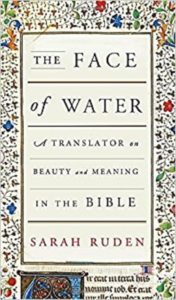
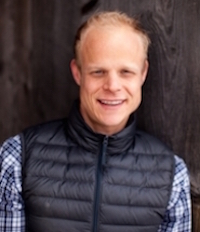 Examining the Theology of a Radical Witness
Examining the Theology of a Radical Witness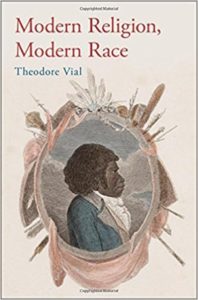 Understanding their Connection
Understanding their Connection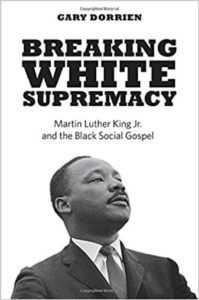
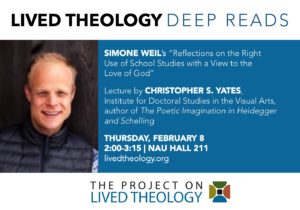 On Simone Weil
On Simone Weil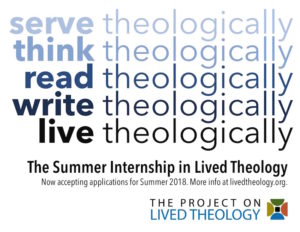 Now Accepting Applications for Summer 2018
Now Accepting Applications for Summer 2018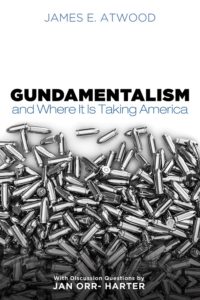

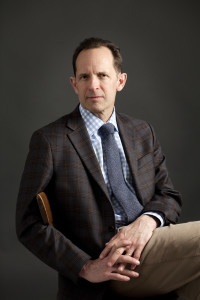 On a Gospel Approach to Gun Control in America
On a Gospel Approach to Gun Control in America